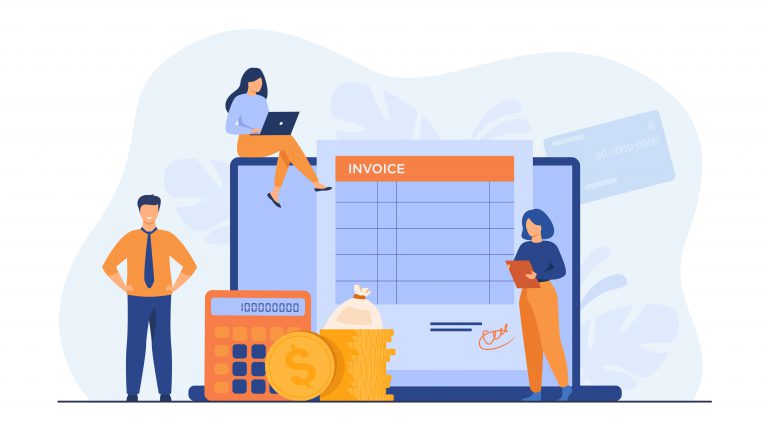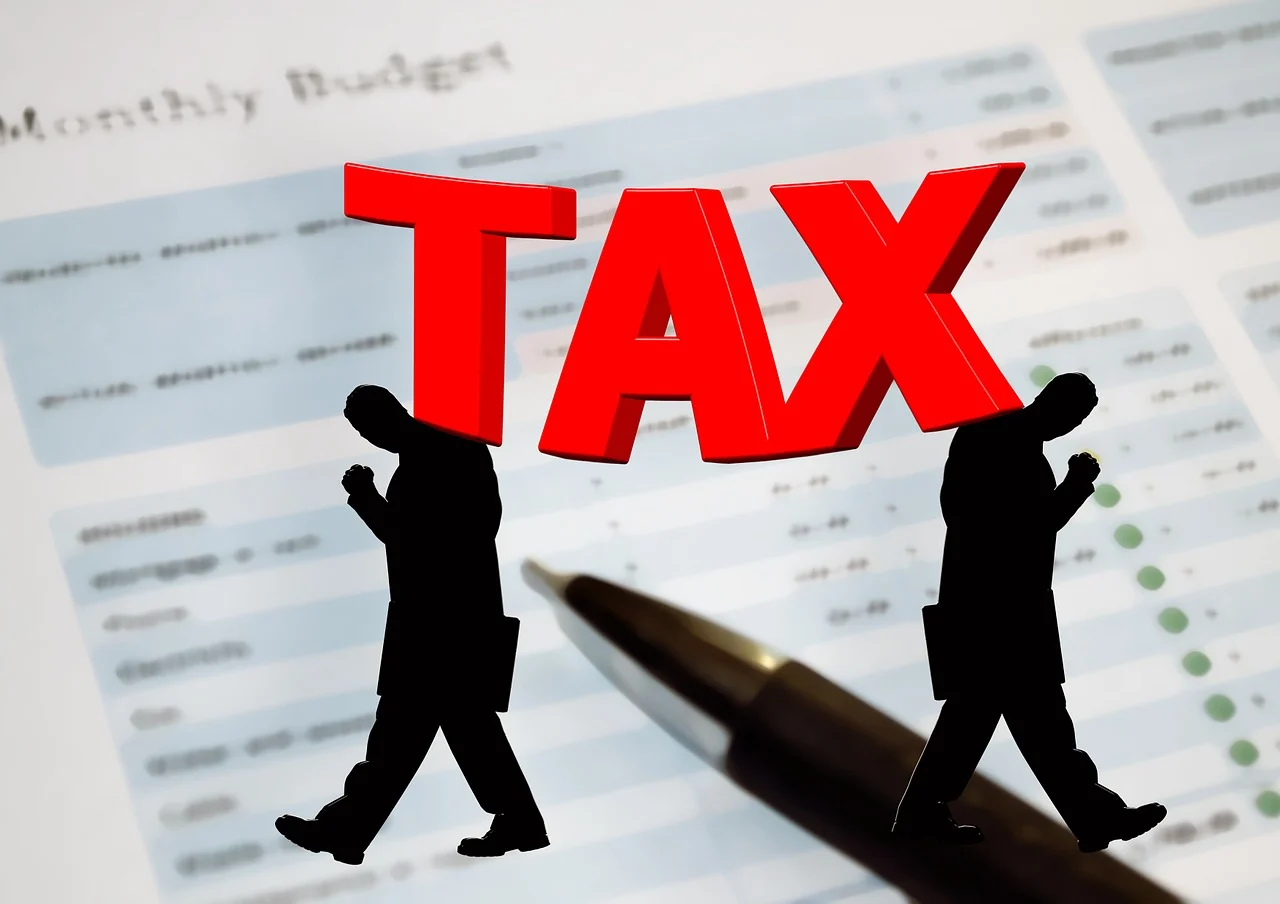Revolutionize the way organizations manage their human resources with AI-powered tools! Streamline workforce management, and enhance recruitment and onboarding processes. AI algorithms make performance evaluation more accurate. AI analytics provide valuable insights into HR data. Moreover, AI can boost employee engagement and talent management.
In this digital era, don’t miss out on these opportunities! Embrace this technology and transform the HR landscape. Avoid those awkward water cooler conversations about job performance with AI in HRMS Automation.
Table of Contents
Benefits of AI in HRMS
AI in HRMS can revolutionize HR process management! Benefits range from streamlining recruitment to enhancing performance evaluation. Here are a few of the perks:
- Efficient Workforce Management: AI automates manual tasks, freeing up HR personnel for strategic initiatives.
- Improved Recruitment & Onboarding: AI-powered tools enable quick candidate sourcing and onboarding, reducing time-to-hire and improving employee experience.
- Enhanced Performance Evaluation: AI analytics provide data-driven performance evaluations, identifying patterns and trends for accurate assessments.
- Increased Employee Engagement: AI solutions facilitate personalized interactions, promoting employee satisfaction and loyalty.
Plus, AI in HRMS offers more than these points. It can quickly and accurately analyze large amounts of data, helping to make better decisions on talent management. It can also tackle HR challenges like decision-making bias or resource constraints.
Adopting AI in HRMS is key for businesses looking to stay ahead in the game. Don’t get left behind – leverage the benefits of AI today!
AI-Powered Tools for HRMS Automation
AI-powered tools are revolutionizing the HRMS world. Here are five of their benefits:
| Benefit | Processing |
|---|---|
| Automated Recruitment and Onboarding | AI tools save time and ensure unbiased candidate selection. |
| Improved Performance Evaluation | Machine learning algorithms pattern spot and provide insightful analysis. |
| Efficient Workforce Management | Automation optimizes resource allocation and productivity. |
| Personalized Employee Engagement | AI tools customize training, recognition, and career development. |
| Effective Talent Management | AI-driven systems identify high-potentials and develop succession plans. |
Moreover, AI-powered tools get smarter over time. Deloitte reports that those who use them experience efficiency boosts, cost savings, and employee satisfaction. So, why not switch to AI for HRMS automation?
Workforce Management Automation with AI
Workforce management automation with AI involves the use of Artificial Intelligence tools to simplify and optimize HR processes. AI-powered systems can help organizations boost their management capabilities, leading to better productivity and efficiency.
Let’s look at the following table for a better understanding of AI-based workforce management automation:
| Function | Execution |
|---|---|
| Scheduling | AI systems can evaluate employee availability, preferences, and workload to create optimal schedules. |
| Attendance Tracking | Automated attendance tracking systems enable precise recording of employees’ working hours, making sure labor regulations are followed. |
| Leave Management | AI algorithms can help manage leave requests, calculate entitlements, and inform staff and managers. |
| Performance Monitoring | With AI-driven performance monitoring tools, organizations have real-time insights into employee performance metrics. |
| Skill Development | AI analytics can identify skill gaps, allowing organizations to provide targeted training programs. |
Aside from these functionalities, workforce management automation with AI also offers unique advantages like predictive analytics for demand forecasting and intelligent workforce planning. This helps HR teams in resource allocation and ideal staffing levels.
To make the most out of AI-driven workforce management automation, follow these tips:
- Seamless Integration: Connect the AI-powered HRMS solution with existing HR systems for a smooth data flow.
- Regular System Updates: Install the latest versions of AI tools to access new features and enhancements.
- Training Programs: Educate HR professionals on how to use AI-based HRMS tools properly.
- Data Security Measures: Implement strong cybersecurity measures to protect sensitive employee data.
By applying these suggestions, organizations can leverage workforce management automation with AI to streamline HR operations, increase productivity, and improve overall workforce management efficiency. Additionally, AI can be used to promote employee engagement and well-being. For instance, chatbots can be used to remind employees to take breaks from work.
AI in Employee Engagement and Well-being
Employee engagement and well-being are very important for any organization’s success. AI-powered tools can be used to boost these two areas by automating HR processes and providing info. We’ll analyze the impact of AI in this field.
Take a look at the table below:
| Aspect | AI Solutions |
|---|---|
| Personalized support | Chatbots offer prompt support |
| Wellness programs | AI suggests activities |
| Feedback collection | AI surveys for real-time data |
Chatbots can offer custom support to employees quickly. They can answer queries related to HR policies, benefits, or career development. They are available 24/7, so employees can get advice quickly.
AI can also help with well-being. It can recommend exercises or relaxations techniques that match each employee’s needs. It looks at data such as fitness levels and preferences.
AI is also great for collecting feedback from employees. Intelligent surveys powered by NLP can tell HR professionals how satisfied or engaged the employees are. This helps them know what needs to be improved.
Tip: When using AI, don’t forget to give employees an option to provide feedback beyond automated systems. Human contact is still essential for effective engagement.
AI in Talent Management and Succession Planning: AI can help companies find the perfect replacement for annoying co-workers who won’t stop talking about their kale smoothie cleanse.
AI in Talent Management and Succession Planning
AI in talent management and succession planning is now a reality, giving organizations access to powerful tools for their HR processes. AI analytics can streamline recruitment, improve performance evaluation, and enable effective workforce management. Plus, it can lead to better employee engagement and retention.
Integrating AI into talent management enables comprehensive employee skill assessment. AI-powered tools can accurately evaluate individual strengths and weaknesses, allowing informed decisions about career development.
Performance evaluation can be greatly enhanced by the use of AI. It can analyze data points such as productivity, project outcomes, and feedback from supervisors and peers, and provide unbiased insights. This helps HR managers identify areas for improvement and develop targeted programs.
AI can also assist in designing effective learning and development programs. By analyzing past training data and individual profiles, AI-powered systems can recommend personalized learning paths. This ensures employees receive relevant training opportunities that align with their career goals.
Succession planning is also improved by AI in talent management. AI analytics can identify high-potential employees with the necessary skills and competencies for future leadership roles. With targeted development interventions, businesses can ensure a smooth transition when key positions become vacant.
Organizations must take advantage of the potential of AI in talent management and succession planning, or miss out on opportunities for growth and development. Time to get on board with AI in talent management!
Overcoming Challenges in Implementing AI in HRMS
AI has the potential to revolutionize HRMS. However, certain challenges must be overcome for a successful implementation. These include integration, data accuracy, employee resistance, and ethical considerations.
Organizations should focus on:
| 1. | Collaborating with IT teams to address integration issues. |
| 2. | Implementing robust data management strategies. |
| 3. | Conducting change management programs to alleviate employee fears. |
| 4. | Developing ethical guidelines for the use of AI in HR processes. |
AI can transform HRMS by automating workforce management tasks. But, it is not without its challenges. For example, one organization faced integration difficulties and employee resistance. With proper communication and training, they were able to overcome these challenges.
AI HRMS automation promises to free HR professionals from the monotony of paperwork!
Future Trends and Opportunities in AI HRMS Automation
The future of AI in HRMS automation has immense potential to revolutionize the way human resources is managed. Advances in technology have made AI-powered HRMS tools offer numerous benefits to streamline HR processes and enhance workforce management. Let’s explore the trends and opportunities ahead.
The table below shows the various trends and opportunities in AI HRMS automation:
| Trends & Opportunities | Advantages |
|---|---|
| AI in Recruitment & Onboarding | AI can quicken the hiring process, from resume screening to onboarding new employees. |
| AI for Performance Evaluation | AI algorithms can make performance evaluation more objective and accurate. |
| AI Analytics in HRMS | AI analytics enable HR professionals to gain insights from data, helping in decision-making. |
| AI for Employee Engagement | AI-powered chatbots and virtual assistants support personalized employee engagement. |
| AI in Talent Management | AI makes talent management more strategic, for better identification, acquisition, nurturing, and retention of top talent. |
| AI for HR Challenges | AI assists in addressing common HR challenges like compliance management, workplace diversity inclusion, and employee satisfaction monitoring. |
As tech continues to evolve, AI HRMS automation will be shaped by novel details. AI integration with machine learning and natural language processing provides possibilities for improved efficiency and accuracy in managing human resources.
Let me share an example. A multinational corporation implemented an AI-based recruitment system that utilized predictive analytics to identify suitable candidates accurately. This automated process reduced hiring time, while ensuring a better match between candidates’ skills and job requirements. The company saw improved employee retention rates and overall organizational performance, showing the immense value of AI in HRMS automation.
AI in HRMS automation: making HR’s job simpler, and yours more endangered.
The Role of AI in HR Automation: How Can PeopleCentral’s HRMS Cloud Solution Empower Your Business?
Is manual HR management slowing down your operations? Discover how PeopleCentral’s HRMS Cloud Solution powered by AI can revolutionize your HR processes and elevate your business to new heights.
- Streamline HR tasks with AI-driven automation.
- Simplify employee onboarding, attendance tracking, and leave management.
- Ensure accurate payroll processing and compliance.
- Access real-time HR analytics for data-driven decision-making.
Ready to experience the power of AI-driven HR automation? Visit PeopleCentral today and transform your HR operations for a more efficient and productive future.
Conclusion
AI-powered HRMS tools are revolutionizing organizations. Automating HR processes, enhancing workforce management and optimizing decision-making are just some of the benefits. This digital era demands embracing AI in HRMS for staying competitive.
Recruitment and onboarding processes are being transformed. AI-enabled screening and matching algorithms quickly identify the best-fit candidates. Chatbots provide personalized assistance for new employees during onboarding.
Performance evaluation is now more objective with AI algorithms analyzing data. This eliminates bias and subjectivity, and helps identify areas for further development or training.
AI analytics in HRMS allow organizations to leverage data-driven insights for making informed decisions. Patterns and trends within employee data such as attendance records, performance metrics, job satisfaction surveys can help optimize workforce management strategies.
AI technology helps personalize employee experiences. Sentiment analysis of employee feedback and communication patterns provide tailored recommendations.
Talent management is another area revolutionized by AI-powered HRMS. AI algorithms identify high-potential employees for targeted development programs and leadership initiatives.
Pro Tip: Strike a balance between technology and the human touch. AI should be used to complement human efforts, not replace them.
FAQs
1. What are the benefits of using AI in HRMS?
AI in HRMS offers several benefits, such as streamlined HR processes, improved accuracy in data analysis, efficient workforce management, enhanced recruitment and onboarding experiences, optimized performance evaluation, and insightful analytics for better decision-making.
2. How do AI-powered HRMS tools enhance HR processes?
AI-powered HRMS tools automate repetitive tasks, such as data entry and applicant screening, freeing HR professionals to focus on more strategic initiatives. These tools also provide intelligent insights and recommendations, enabling efficient decision-making and improved HR operations.
3. Can AI be used for workforce management automation?
Absolutely! AI can be used to automate workforce management tasks, including scheduling, leave management, and employee tracking. With AI, HRMS can accurately analyze data and predict staffing needs, ensuring optimal resource allocation and improved productivity.
4. In what ways can AI be leveraged in recruitment and onboarding?
AI can streamline recruitment and onboarding processes by automating resume screening, matching candidates to job requirements, conducting pre-employment assessments, and facilitating virtual interviews. This saves time, improves candidate experience, and ensures quality hiring.
5. How can AI be utilized for performance evaluation?
AI can transform performance evaluation by analyzing various data points, such as key performance indicators, feedback, and employee engagement, to provide objective insights. AI-powered tools can also suggest personalized development plans, helping employees improve their performance.
6. What role does AI analytics play in HRMS?
AI analytics in HRMS enables HR professionals to gain valuable insights from vast amounts of HR-related data. It helps in identifying patterns, predicting trends, understanding employee sentiment, and making data-driven decisions for effective talent management, performance improvement, and employee engagement.







 5
5



































